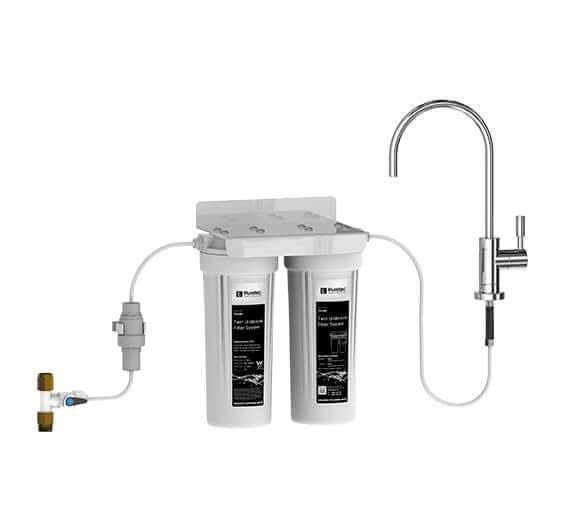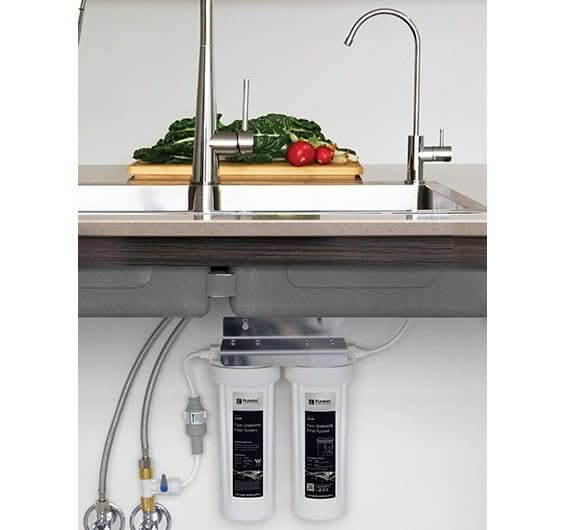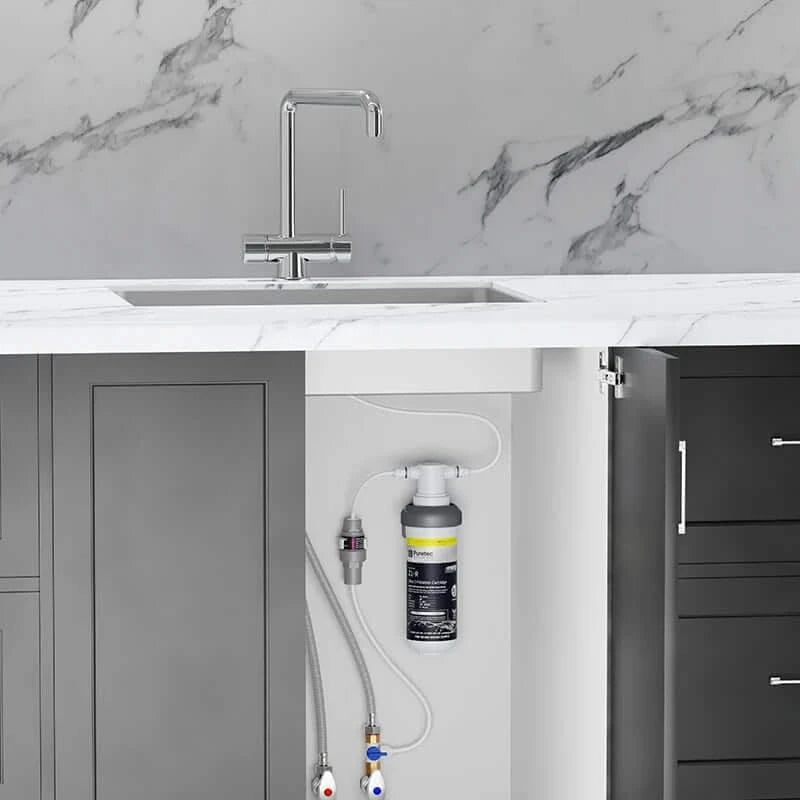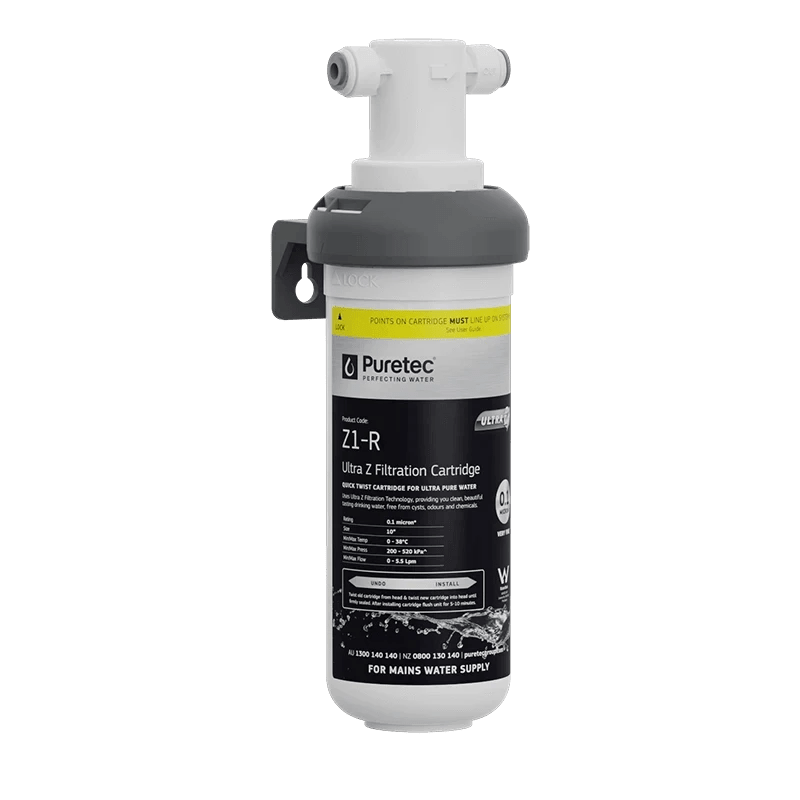Looking for the best drinking water filter for clean, safe, and great-tasting water? Whether you’re aiming to remove chlorine, heavy metals, bacteria, fluoride, or other contaminants, this guide will help you choose the best drinking water filtration system for your home.
💧 Why You Need a Drinking Water Filter
Unfiltered tap water can contain:
⚠ Chlorine & fluoride – Affect taste and long-term health.
⚠ Heavy metals (lead, arsenic, mercury) – Harmful to the body.
⚠ Bacteria & viruses – Potential health risks.
⚠ Pesticides & chemicals – Found in municipal water supplies.
✅ The solution? A high-quality drinking water filter that ensures every sip is pure and refreshing.
🔎 Types of Drinking Water Filters
Water Filter World (WFW) offers a wide range of filtration solutions based on your water quality needs:
1️⃣ Reverse Osmosis (RO) Filtration Systems
✔ Removes 99% of contaminants, including fluoride, heavy metals, bacteria, and viruses.
✔ Provides the purest drinking water possible.
✔ Available in under-sink or whole-home models.
💡 Best for households needing the highest level of water purification.
2️⃣ Activated Carbon Water Filters
✔ Removes chlorine, bad taste, and odors.
✔ Reduces pesticides, VOCs, and organic chemicals.
✔ Affordable & easy to maintain.
💡 Perfect for improving taste while removing common chemicals from tap water.
🔗 [Find Activated Carbon Filters]
3️⃣ Benchtop & Under-Sink Drinking Water Filters
✔ Benchtop filters – Portable, easy setup, no plumbing needed.
✔ Under-sink filters – Discreet, high-performance filtration directly at your tap.
✔ Great for renters or small kitchens.
💡 Ideal for easy access to clean water without a complex installation.
4️⃣ Whole Home Drinking Water Filtration Systems
✔ Filters water at every tap – Not just for drinking, but also for showers & cooking.
✔ Removes chlorine, heavy metals, and contaminants from the entire water supply.
✔ Extends the lifespan of appliances & reduces limescale buildup.
💡 Best for families who want complete household filtration.
🚰 How to Choose the Right Water Filter
🔹 Your Water Source – Tap, bore, or rainwater supply?
🔹 What Do You Want to Remove? – Chlorine, fluoride, bacteria, heavy metals?
🔹 Household Size & Usage – Higher flow rates for larger homes.
🔹 Budget & Maintenance – Filter lifespan, replacement costs, and efficiency.
💡 Still unsure? Speak with an expert for a free consultation.
🛠 Easy Installation & Maintenance
✔ DIY-Friendly Systems – No need for professional plumbing in many cases.
✔ Professional Installation Available – Ensure perfect setup & long-term performance.
✔ Filter Replacements – Change every 6-12 months for best results.
💡 Tip: Keep an extra replacement cartridge on hand to avoid downtime.
⭐ Customer Reviews: What People Are Saying About WFW Filters
🌟 "Our RO system completely transformed our drinking water—crystal clear and amazing taste!" – Samantha R.
🌟 "So easy to install, and the water quality difference is incredible." – James D.
🌟 "Highly recommend! No more bottled water in our home!" – Emma C.
💡 Join thousands of satisfied customers—switch to pure, filtered water today!
🛒 Get Your Drinking Water Filter Today – Shop WFW!
✅ Enjoy pure, great-tasting water every day.
✅ Protect your family from harmful contaminants.
✅ Save money & reduce plastic waste from bottled water.






























